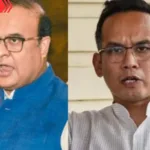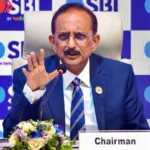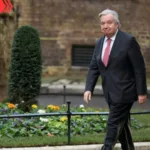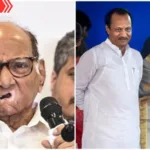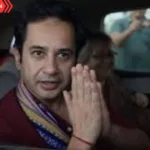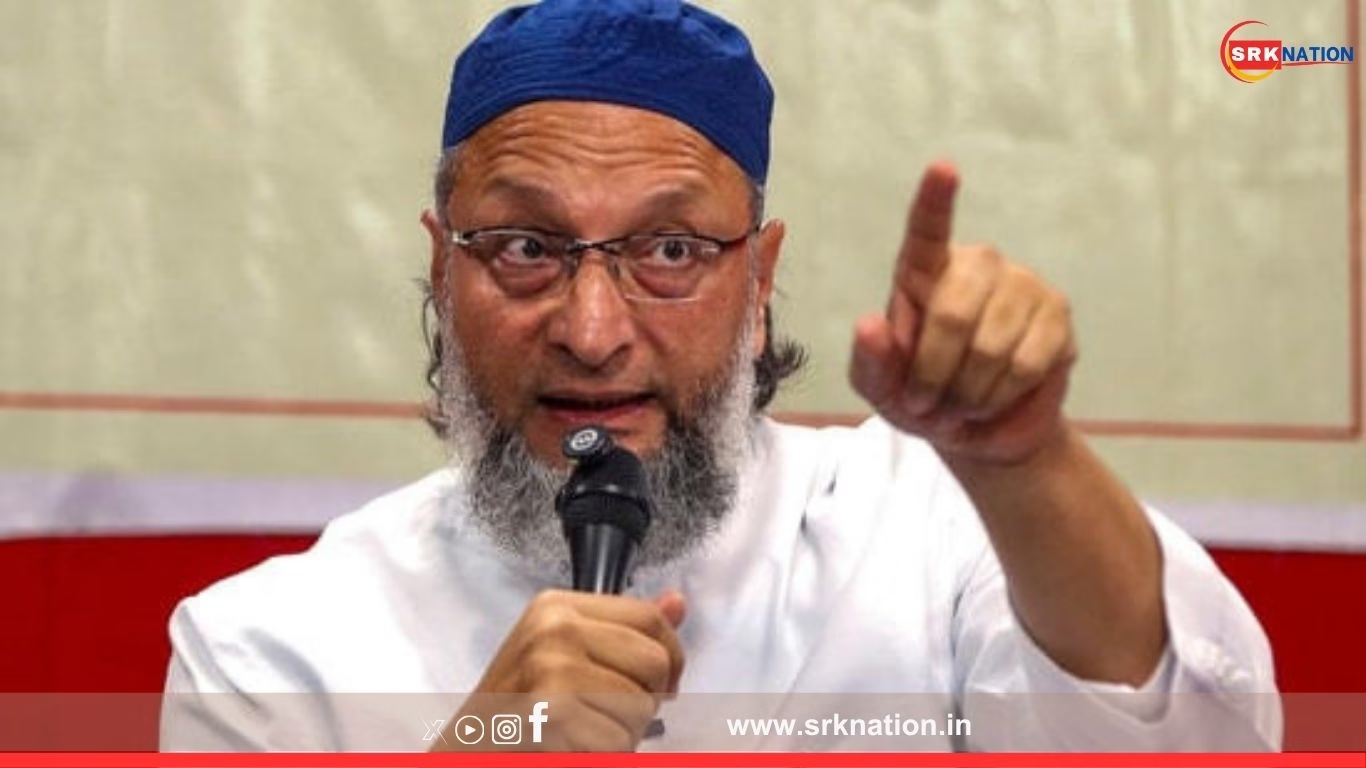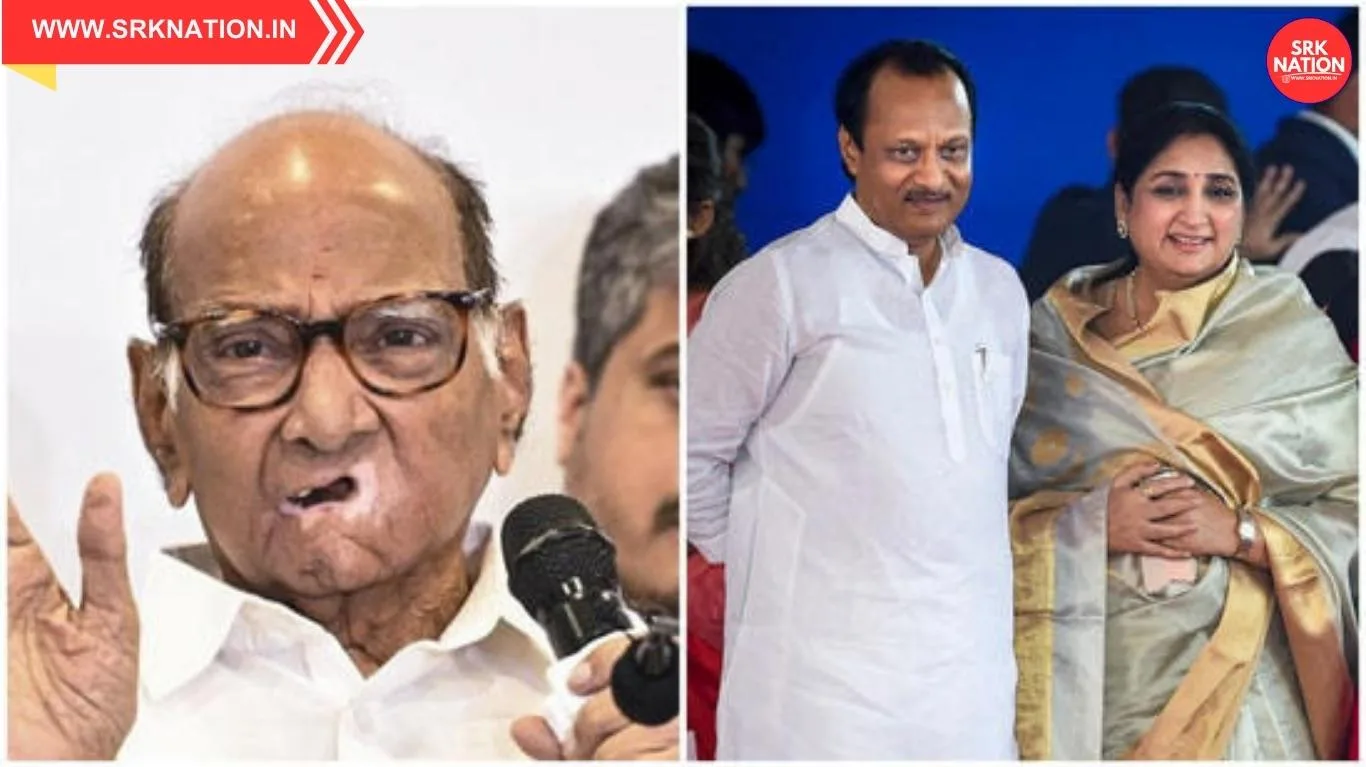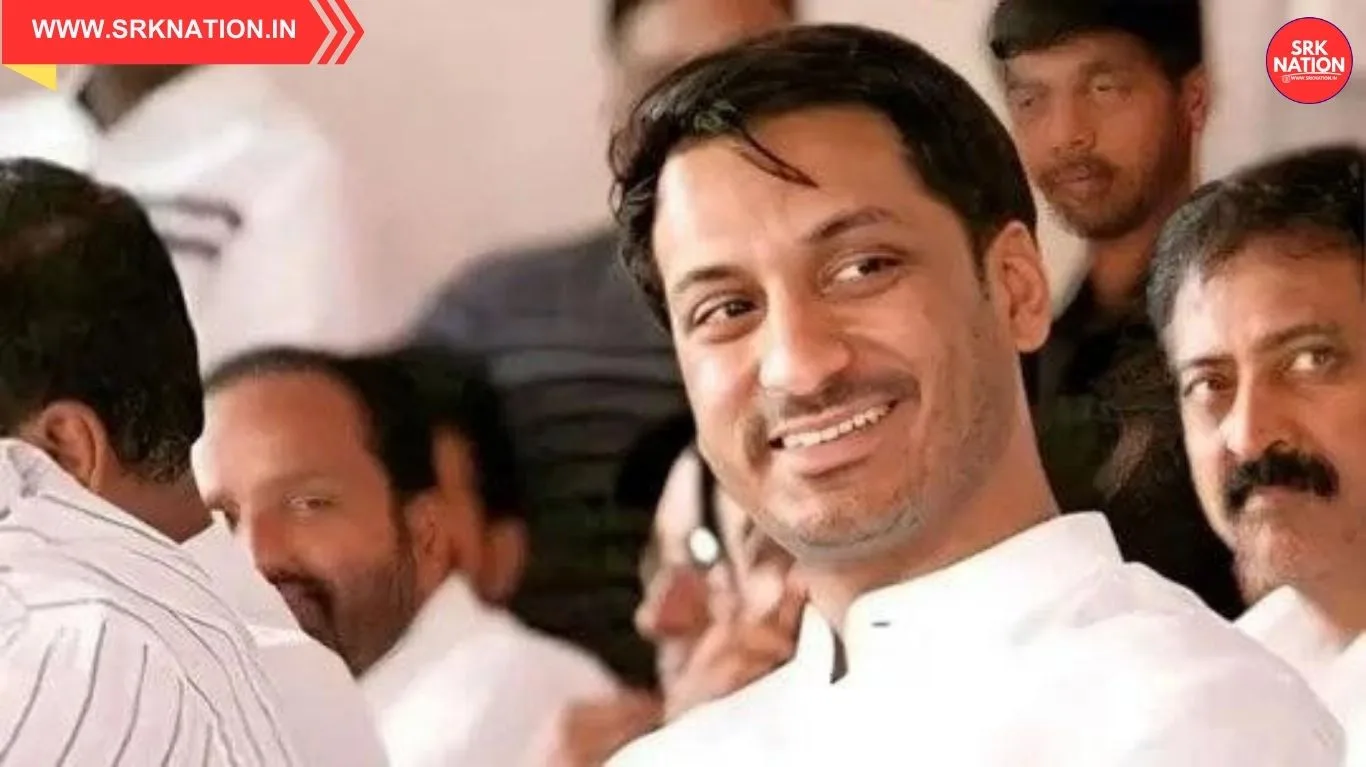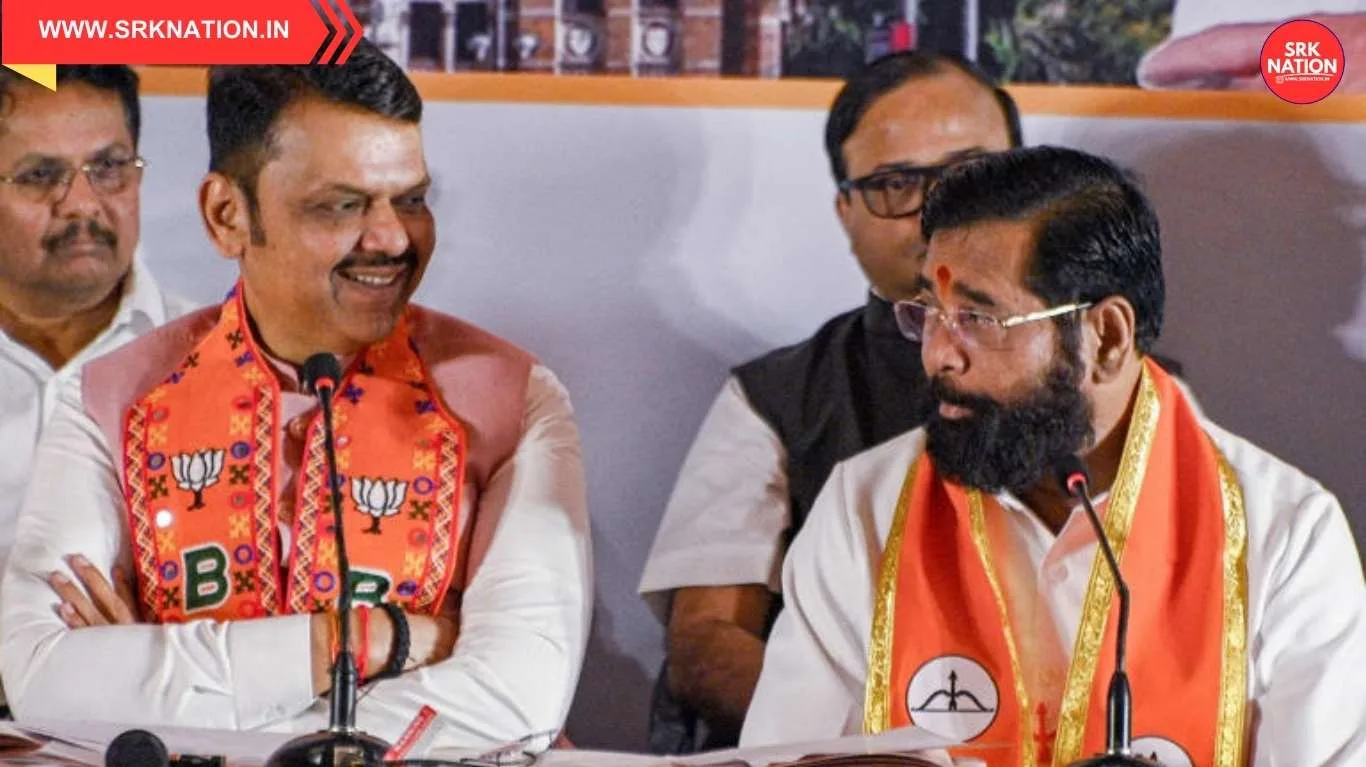All India Majlis-e-Ittehadul Muslimeen (AIMIM) chief Asaduddin Owaisi has strongly countered Prime Minister Narendra Modi’s recent remarks crediting the Rashtriya Swayamsevak Sangh (RSS) with a role in India’s freedom movement. Speaking at a public event in Shaikpet, Hyderabad on October 2, 2025, Owaisi asserted that “not a single person in RSS lost their life for the country’s independence”, challenging the historical accuracy of the Prime Minister’s statement made during the RSS centenary celebrations in New Delhi.
Owaisi’s rebuttal comes amid heightened political discourse around the legacy of the RSS and its ideological influence on contemporary governance. His remarks have sparked renewed debate over the organisation’s role during the colonial era, its stance on the Indian Constitution, and its ideological writings.
Owaisi’s Counter to PM Modi – Key Highlights
| Theme | Owaisi’s Statement | Contextual Commentary |
|---|---|---|
| RSS and Freedom Struggle | “No RSS member sacrificed their life for independence.” | Refutes PM’s claim of RSS participation |
| KB Hedgewar’s Role | “Hedgewar opposed British before forming RSS.” | Acknowledges pre-RSS activism |
| Quit India Movement | “RSS did not participate actively in 1942.” | Cites British archives |
| Ideological Critique | “RSS opposed Constitution, labelled minorities as threats.” | Quotes Golwalkar’s writings |
| Muslim Freedom Fighters | “Maulvi Alauddin, Turribaz Khan made real sacrifices.” | Highlights Muslim contributions |
Owaisi questioned the historical basis of PM Modi’s praise for the RSS, stating, “If someone can name one RSS member who died fighting for the country, I am willing to hear it.” He pointed out that RSS founder KB Hedgewar was indeed involved in anti-British activities before establishing the organisation, including support for the Khilafat movement and a year-long imprisonment. However, he argued that the RSS as an organisation did not participate in major freedom movements like the Quit India Movement.
Historical Timeline – RSS and India’s Freedom Struggle
| Year | Event Description | RSS Involvement (as per Owaisi) | Commentary |
|---|---|---|---|
| 1925 | RSS founded by KB Hedgewar | Hedgewar’s activism pre-dates RSS | No organisational role |
| 1930 | Dandi March and Civil Disobedience Movement | Minimal | RSS focused on internal consolidation |
| 1942 | Quit India Movement | Absent | British archives cite no threat |
| 1947 | Independence and Partition | Passive | No martyrdom or mass mobilisation |
Owaisi also criticised the RSS’s ideological positions, referencing MS Golwalkar’s book A Bunch of Thoughts, which described Christians, Muslims, and leftists as “internal threats.” He argued that such views contradict the principles of equality and secularism enshrined in the Indian Constitution. “The Prime Minister praises this ideology, but it goes against the Constitution,” he said.
RSS Ideological Positions – Owaisi’s Critique
| Author/Leader | Document/Statement | Owaisi’s Interpretation |
|---|---|---|
| MS Golwalkar | A Bunch of Thoughts | Labels minorities as threats |
| Early RSS Leaders | Opposition to Constitution | Anti-secular stance |
| RSS Publications | Emphasis on Hindu Rashtra | Exclusionary nationalism |
The AIMIM chief further invoked the sacrifices of Muslim freedom fighters, including Maulvi Alauddin and Turribaz Khan, who faced imprisonment and execution during British rule. He contrasted their contributions with what he described as the RSS’s absence from the independence movement. “If I were to recount the entire history, many would be ashamed,” he said.
Owaisi’s remarks came a day after PM Modi lauded the RSS for its role in nation-building, describing it as a “virtuous incarnation” of India’s eternal national consciousness. The Prime Minister praised the organisation’s work in education, tribal welfare, disaster relief, and social harmony, stating that “hundreds of lives have blossomed and thrived along the banks and in the flow of the RSS.”
Political Reactions – RSS Centenary and Owaisi’s Response
| Leader Name | Statement Summary | Political Position |
|---|---|---|
| PM Narendra Modi | Praised RSS for 100 years of service | Endorses RSS legacy |
| Asaduddin Owaisi | Rejected RSS’s freedom struggle claim | Challenges historical narrative |
| Congress Leaders | Called RSS a “terror outfit” | Strong opposition |
| RSS Chief Bhagwat | Hailed Hindu unity and cultural revival | Reinforces ideological continuity |
The exchange has triggered intense debate across political and academic circles, with historians weighing in on the RSS’s role during colonial rule. While some argue that the organisation focused on cultural revival rather than political activism, others believe its passive stance during key movements undermines claims of nationalist contribution.
Social media platforms have seen a surge in engagement around the controversy, with hashtags like #RSSHistory, #OwaisiVsModi, and #FreedomStruggleFacts trending across political forums and news aggregators.
Public Sentiment – Social Media Buzz on Owaisi’s Remarks
| Platform | Engagement Level | Sentiment (%) | Top Hashtags |
|---|---|---|---|
| Twitter/X | 1.8M mentions | 76% mixed | #OwaisiVsModi #RSSHistory |
| 1.5M interactions | 78% analytical | #FreedomStruggleFacts #RSSDebate | |
| 1.3M views | 82% strategic | #HistoricalNarrative #PoliticalDiscourse | |
| YouTube | 1.2M views | 80% reflective | #OwaisiExplained #RSSCentenary |
In conclusion, Asaduddin Owaisi’s rebuttal to PM Modi’s remarks on the RSS’s role in India’s freedom struggle has reignited historical scrutiny and ideological debate. As the centenary celebrations continue, the discourse around legacy, nationalism, and constitutional values is likely to intensify in the run-up to the 2026 general elections.
Disclaimer: This article is based on publicly available speeches, verified media reports, and historical commentary. It does not constitute endorsement or rejection of any political ideology. All quotes are attributed to public figures and institutions as per coverage. Readers are advised to consult academic sources and official archives for deeper historical analysis.

